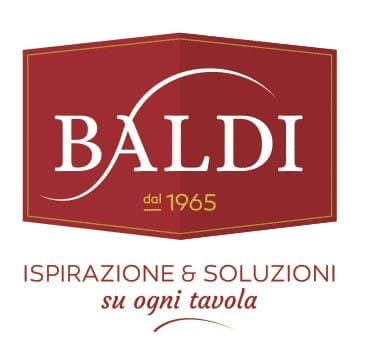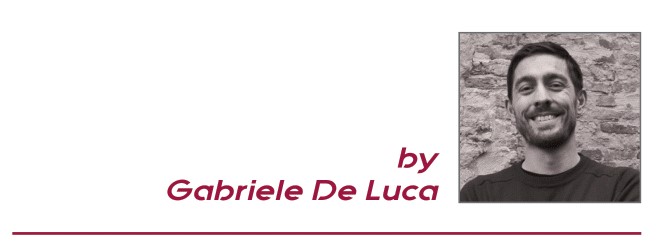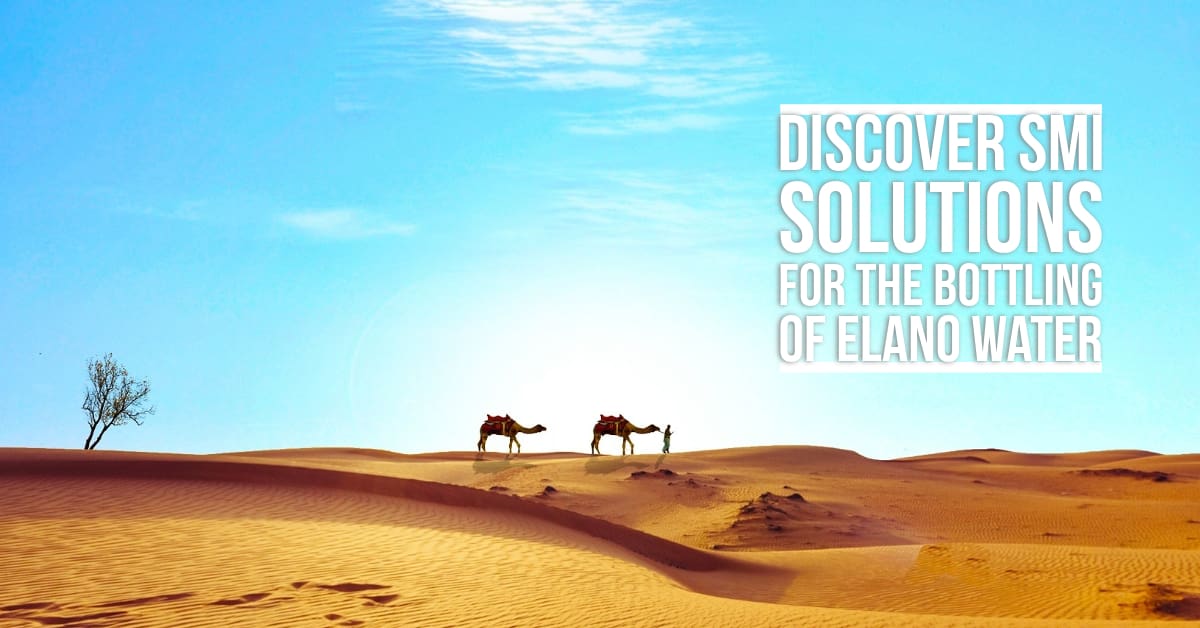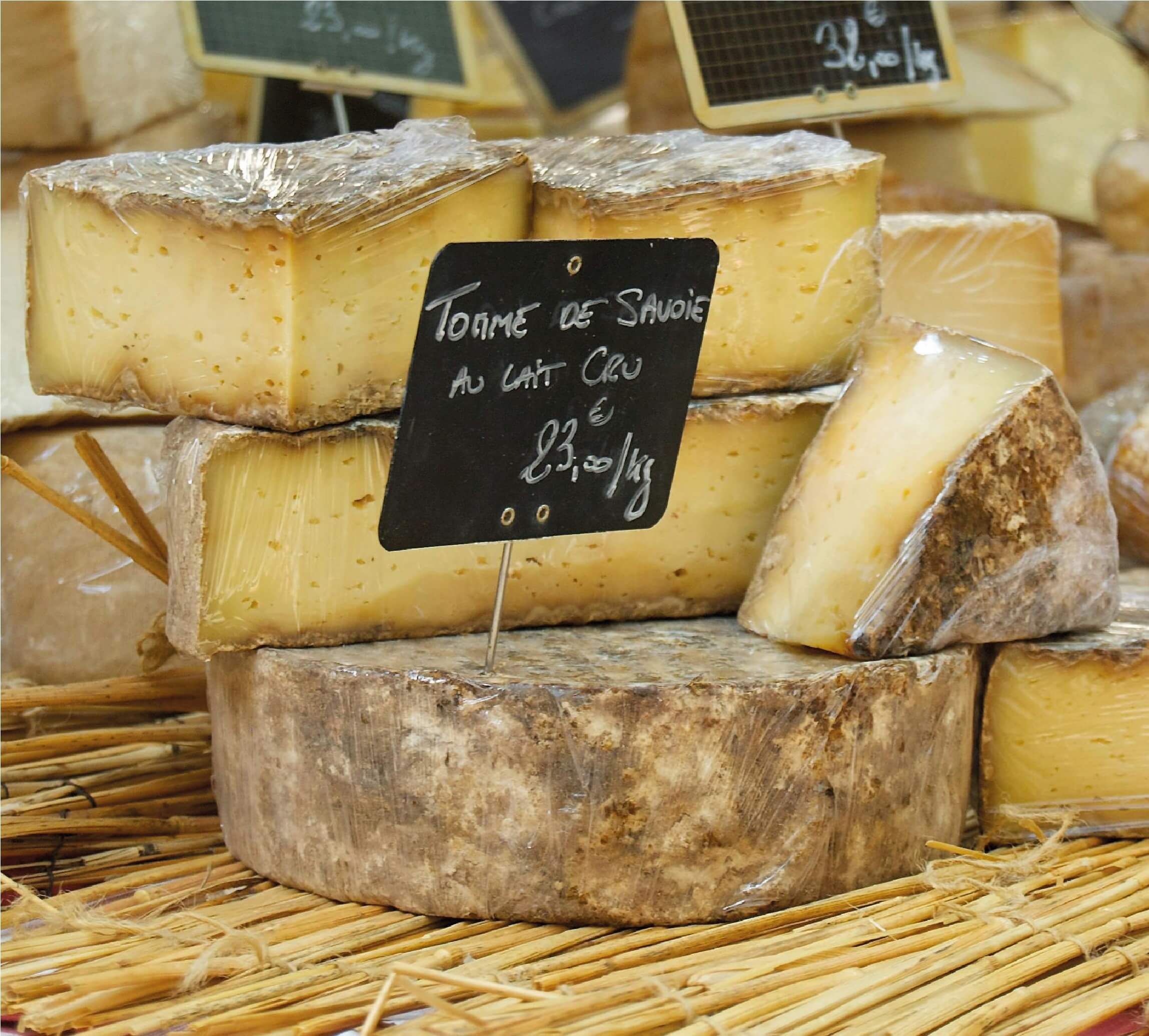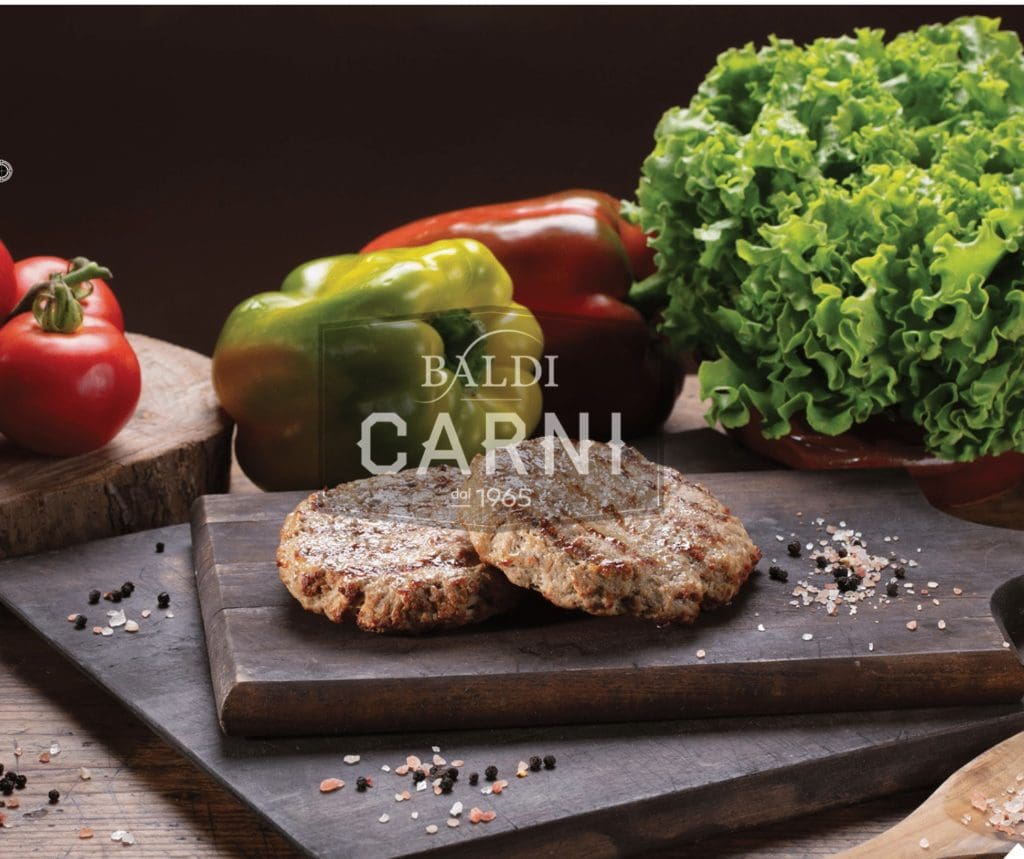
Today, Baldi is a company that works with four different business divisions in the food sector, ranging from the processing, portioning, and packaging of beef, to the production and marketing of fish and gastronomic products in general, such as jarred and fresh products, cold cuts and much more.
Its history begins far back in 1965, with the butcher shop started in Jesi by Umberto Baldi. We retraced this history with Emiliano Baldi, current CEO of the company.
Today, Baldi is a large company that operates throughout Italy. Its history, however, began with an artisan activity, a butcher shop in Jesi. What influence did this origin have on the subsequent development of the company?
Umberto Baldi founded his first butcher’s shop in 1965, but just a few years later he had already set up Baldi Carni Srl. and founded, together with other personalities in the sector, the category association that today is the most accredited at a national level: Assocarni.

Although his craftsmanship and his mastery are the starting point of this story, it would not have been so long if these starting points had not been associated from the beginning with skill and vision, together with the ability to understand the changes that the market was undergoing.
It is this ability that has allowed Umberto Baldi to expand its business. Continuous and close listening to the needs of the market, intuition, and method were the drivers that the company followed from the beginning, and continue to follow today.
The treasure of experience accumulated over time is the main asset thanks to which we were able to assume today the status of an important national player.
What are the significant steps in this development?
The first phase characterized the transition from the butcher shop to the wholesale of meat, at first only marketed, then also processed with the creation of a small laboratory of vacuum cuts.
The desire to explore and learn were the main drivers of this transition. In this phase, on the one hand, the aggregation of points of sale in large-scale distribution was growing, with the consequent disappearance of independent butcher shops, and on the other hand, the success of restaurants, which began a process of gradual increase in popularity with the general public that lasted until the advent of Covid-19.
A subsequent phase led to the managerialization of the company: Baldi abandoned its original structure, which was mainly owner-run, and took on a different one, projected towards the future. All these phases were difficult and suffered, but a look back shows that they were also inevitable.
How is the company structured today?
Today Baldi, thanks to its different company divisions, offers quality, innovative solutions, and opportunities for different types of cuisine.
The company has gradually cultivated an increasingly complete vision of the market, in close contact with many different but interconnected profiles.
The diversity of information coming from different channels provides a wide global vision that enriches the company’s know-how: from the restaurants to the big company up to the final consumer, each profile provides the company with daily inputs and stimuli, expressing specific needs that together push us towards a double outcome: product quality and service exclusivity.
What are the main values that drive Baldi?
They are three. First and foremost, the customer: Baldi is undoubtedly a customer-centered organization.
We aim first of all at the satisfaction of those who have been choosing and frequenting us for years. Secondly, I would say the product and the service: we structure our relationships around these two poles. Finally, I would mention the horizontal management of our company, built and inhabited by our employees and their families.
Within this system of values, the binding force is respect, a value that we address to the market and that we demand from the market. I would also like to mention the attention we pay to our territory, selecting and rewarding local producers and operators when the spark of talent shines in them.
How important is technological innovation for a company like Baldi? Have you recently introduced any innovations in this direction?
Innovation is the mainstay on which the whole activity is based: informatics and technology play a very significant role in the management and administrative automation and the control of production processes.

To mention one of the latest innovations, I would like to talk about the collaboration with Tecno Pack S.p.A., one of the most important national players in the study and realization of completely automatic packaging lines.
Thanks to their products, we have been able to completely automatize the packaging process of our frozen hamburgers.
The technology offered by Tecno Pack has allowed us to protect our product from the cold and to increase its shelf-life, without considering the advantages derived from the automation for the realization of various packaging formats.
In recent years, especially before the pandemic emergency spread, there has been much talk about ecology, in particular about plastic and the need to reduce its consumption to limit its environmental impact. This debate has profoundly influenced manufacturing and in particular, the packaging sector, which has been able to adopt new solutions to face new challenges. How do you face the new challenges of ecology?
Choosing a Baldi product also means taking part in a company project that cares about the environment. Our green choices involve both production processes and energy supply. Investments, technologies, and strategic choices always take into account social responsibility.
To mention just a few of the challenges already underway: the introduction of LED lighting; self-production of energy thanks to a photovoltaic system; packaging with an environmental label.
The virus that continues to plague the world has introduced profound changes both in our everyday lives and in the realm of industrial production. What challenges has COVID imposed on your company? How have you dealt with them?
The moment we are facing is dramatic for everyone but the restaurant industry, our industry, has been hit much harder than others.

Our choices have been guided by the desire to protect investments in human capital, the company’s true asset. Thus we have employed, and we are continuing to employ, resources aimed at managing the crisis in the best possible way, reducing the inevitable economic and social sacrifices as much as possible.
We have compensated with our means for the failings of the institutions.
We are not to blame for this crisis and it is clear that the interventions implemented so far have been ineffective, but despite everything, we will do our part, with the strength of an extraordinary and deeply cohesive team and resources accumulated over more than 50 years of the company’s life precisely to be ready for any eventuality.
